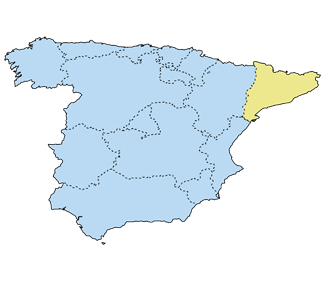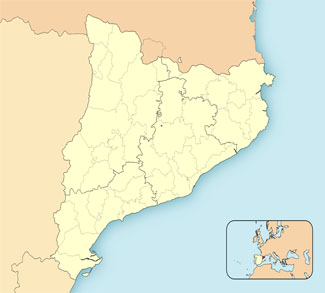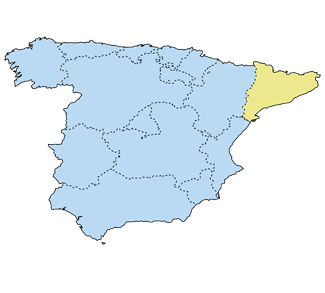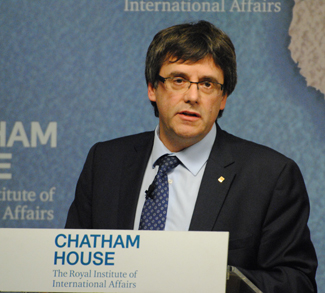Summary
The political intrigue is heating up in Catalonia.
On Friday, the parliament of Catalonia voted to formally declare independence from Spain. The move came after weeks of contradictory signals from Catalan leader Carles Puigdemont. Not long after the declaration, Madrid triggered Article 155 in the Spanish constitution, suspending the region’s political autonomy and setting the stage for new regional elections on December 21. Rumors are also swirling in the capital that top Catalonia leaders, including Puigdemont himself, will soon be arrested for rebellion, a charge that can carry 30 years in prison.
Events over this past weekend could easily be interpreted as a crushing blow to the independence movement. However, this kind of heavy-handed response from Madrid might just be what Puigdemont and his allies wanted all along.
Impact
Madrid brings down the hammer. The Rajoy government has launched an all-out assault on Carles Puigdemont and his Catalan European Democratic Party, first by invoking Article 155 and then by openly considering various high-level individuals for criminal charges. The effects of Article 155 are sweeping: over 150 regional ministers have been removed from their positions, including Catalonia’s police chief. There was a question over the weekend as to whether or not the region’s 200,000 civil servants and police forces would protest the move by not showing up to work; however, as of Monday many of the regional government services are continuing business-as-usual, albeit now under Madrid’s direct rule. A few government ministers have refused to comply, returning to their offices on Monday for work. There have also been conflicting memos circulated to the police forces, some asking for their neutrality, and others calling for their loyalty to Catalonia in days ahead.




